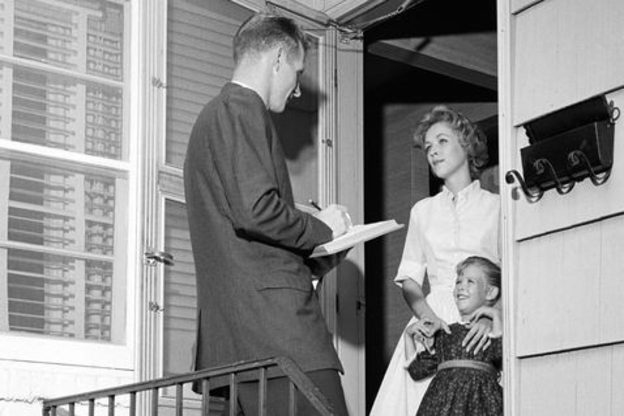
Checking out some recent polling in Minnesota
Primarily in an effort to limit the quantity of “bad” stress in my life, I’m not the polls junkie I used to be. That said, Public Policy Polling recently polled our state (commissioned by Alliance for a Better Minnesota), and I got to pondering.
It’s easy to react with something like “44% job approval seems high in blue Minnesota.” In fact Trump’s job approval nationally has stayed in the low 40s throughout his presidency, because in the absence of some really bad things going down – like, to take an example from fairly recent history, both the Iraq War and the Great Republican Recession – it’s just about impossible for a president’s number to go below 40. A chunk of respondents will always take the attitude that, if I’m doing OK, and most of the people I know are doing OK, then the president’s doing OK – even if he might not seem like the greatest guy, to say the very least.
It’s also highly unusual for any president to get a job approval rating above the low 50s. Not that that has ever been, much less ever will be, remotely relevant in Trump’s case.
What is unusual is the high very unfavorable, which has also always been a feature of the Trump “presidency.” But what people seem to be overlooking, or at least are unwilling to express publicly even though I gotta say it’s obvious to me, is the unique nature of that strong disapproval. As referenced above, near the end of his time in office George W. Bush had an approval rating about as bad as any president’s has been, since public polling of that came along. But that wasn’t directed so much at W. personally as at the results of his performance. With Trump there is a fundamental, downright visceral, loathing and contempt – every bit of it, and far, far more, deserved – that has marked his entire “presidency.” And it’s the sort of thing that gets people to vote.
If you’re so inclined, it’s interesting to look through this similarly recent national poll, by Marist for NPR, which also focuses on breaking down public reaction to the impeachment inquiry (though that’s not my own focus, here).
I suppose, re-reading the above before hitting “publish,” I’m reminded why I quit either getting all exuberant or freaking out based on every new poll that came along. To be clear, I have total respect for good pollsters, and legitimate analysts of their data. But you really can drive yourself half-crazy trying to parse every bit of meaning, while trying to guard against confirmation bias, and/or negativity bias, and/or whatever, wallowing in these things.
Comment from Mac Hall: I look at polls as I look at me doing weather forecasting … just an assessment at a moment in time of which the accuracy is subject to change depending upon other factors (i.e. Wednesday morning, I tell you that Friday afternoon is a great time for doing the last lawn mowing … and by Friday morning I am filling my snowblower’s gas tank to move the two feet of snow that came overnight — could that happen??? just ask the folks in Grand Forks last week).
I was one of PPP poll participants and I have no idea why they selected me.
Years ago … actually decades ago, I did some telephone survey work and our first test was to qualify the participants … in this case, PPP just jumped into the questions and as you can see they were very broad and I surmise were just to gauge whether a Member of Congress’s vote on impeachment would impact their re-election. There was no attempt at asking ahead of time any recognition of the subject matter … i.e. “Who is your current Representative” “I will read a list of names, please tell me who you have heard of : Jim Hagedorn, Angie Craig, etc”.
There also was no attempt to “push” me after responding … i.e, if I supported impeachment, the caller would remind how my Member felt, “if you heard that Congressman Hagedorn vehemently defended President Trump’s perfect phone call, would you be more of less inclined to vote for Jim Hagedorn”.
There were no other issues discussed … gun violence, climate, infrastructure, prescription drug prices,abortion, border security, etc … just a short couple of questions on impeachment.
Thus, this survey should be considered just for reference … yet it does reveal that Minnesota eight districts pretty much align themselves with their Representatives … the Republican-held districts, strongly support Trump and the Democrat-held districts do not … in fact, the only one that looks close is Angie Craig’s Second District.
That said, the election will be determined by who participates. With a normal President, Minnesota could have a real chance of awarding their Electoral College votes to him …. he does not need to win Betty McCollum or Ilhan Omar’s district, he just needs voters that would normally stay home because it won’t impact her outcome, to vote for him …. after all, he only lost by 44,675 and there are that many registered voters in each of those districts that did not bother to vote.
Thanks for your feedback. If we like what you have to say, it may appear in a future post of reader reactions.


